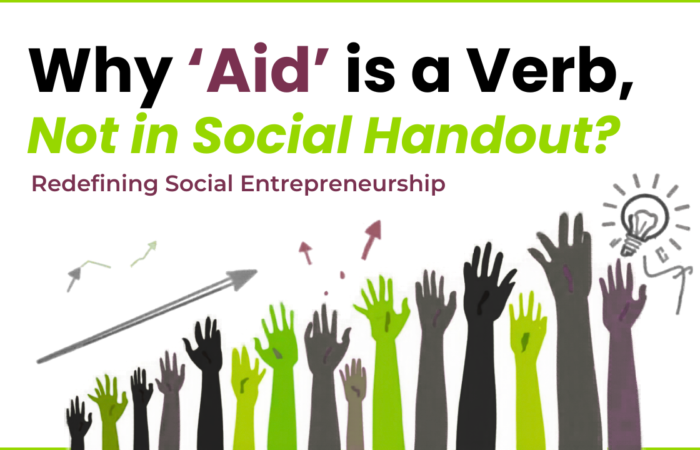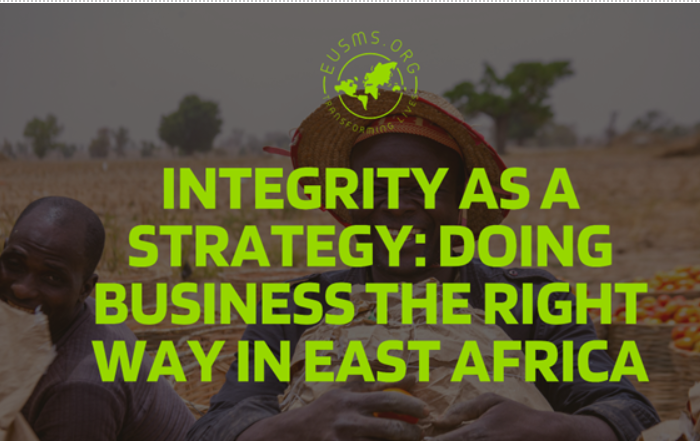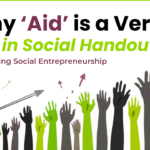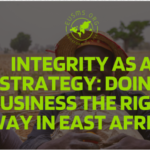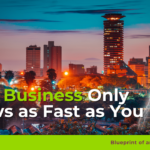For decades, Africa has been a major recipient of development aid. While billions have been poured into infrastructure, health, and education, the continent still faces persistent challenges. Today, a new paradigm is emerging; one that shifts from dependency to empowerment. Development aid is increasingly focused on local ownership, innovation, and sustainability.
EUSMS supports this transformation by advocating for aid models that respect local agency, foster entrepreneurship, and align with ethical principles. Through coaching, mentoring, and strategic partnerships, EUSMS helps communities move from aid recipients to change-makers.
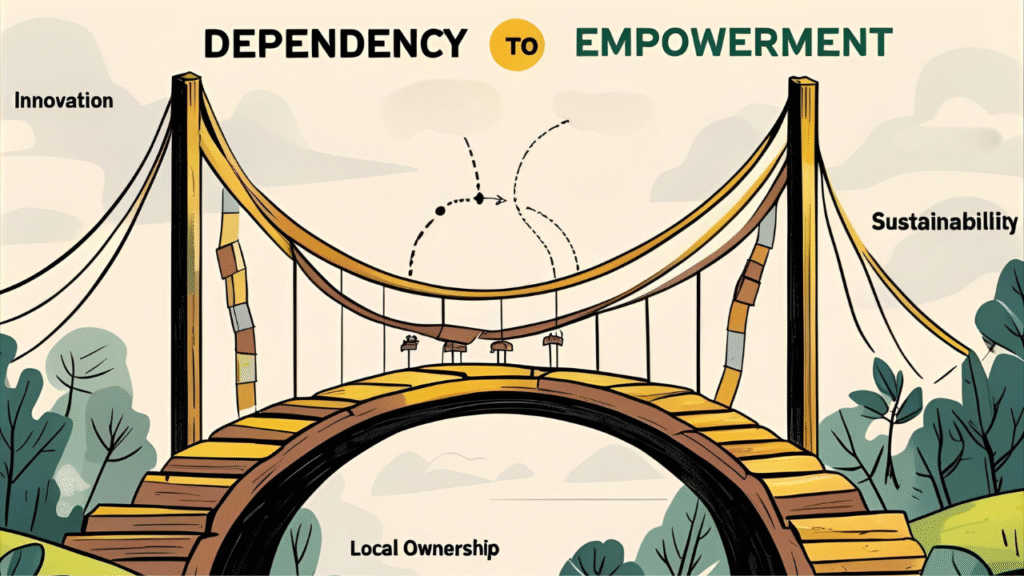
The Evolution of Development Aid
Traditional aid often came with strings attached – donor-driven agendas, short-term fixes, and limited community involvement. But recent initiatives are changing that narrative:
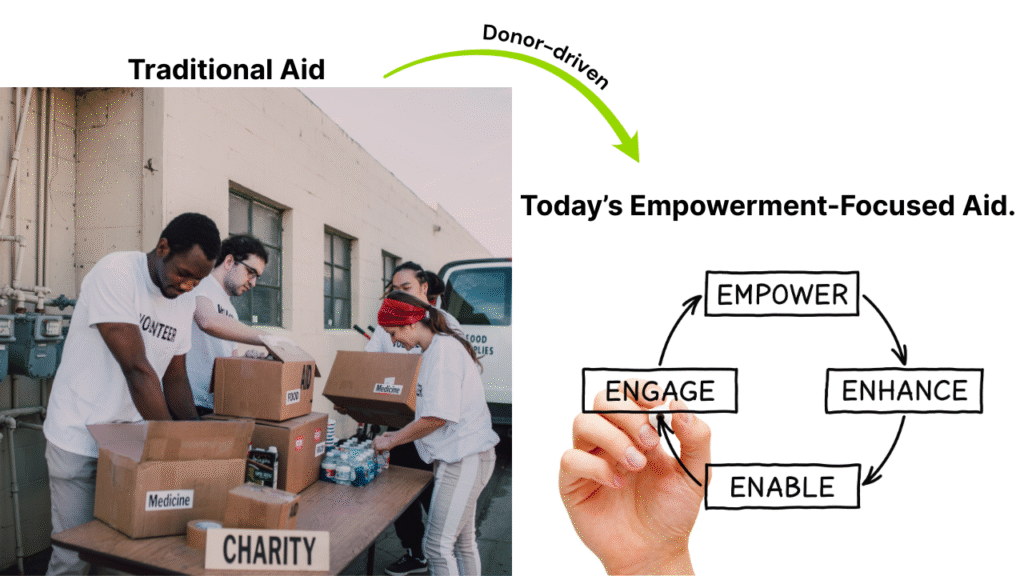
- USADF (U.S. African Development Foundation) funds African-led projects in agriculture, energy, and youth employment.
- IDRC (International Development Research Centre) supports research-driven solutions to local problems.
- African Development Bank’s Climate Change Fund invests in renewable energy and water management.
These programs prioritize sustainability, innovation, and inclusion – values deeply embedded in EUSMS’s mission.
Empowering Local Solutions
In Uganda, the Youth Livelihood Programme provides startup capital and training to young entrepreneurs. In Ethiopia, community-based health insurance schemes are improving access to care. In Ghana, digital literacy programs funded by aid agencies are preparing youth for the future.
EUSMS complements these efforts by:
- Supporting grassroots ventures through ethical financing
- Training local leaders in mindful decision-making
- Promoting skepticism toward ineffective aid models
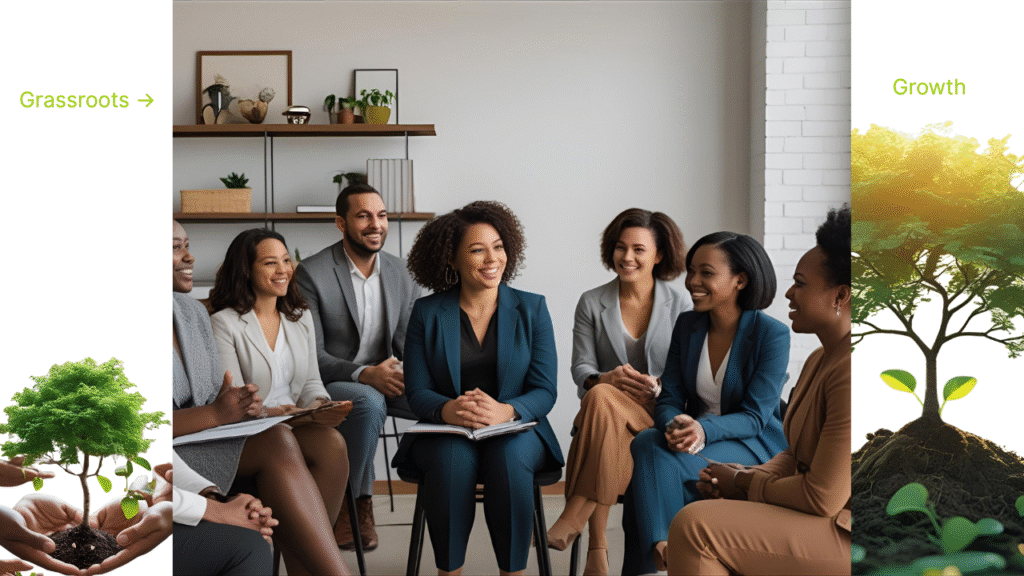
Challenges and Ethical Considerations
Despite progress, development aid still faces issues:
- Aid fatigue and donor dependency
- Corruption and mismanagement
- Lack of alignment with local priorities
EUSMS encourages a stoic approach; focusing on what can be controlled, building resilience, and fostering long-term thinking. Aid should be a bridge, not a crutch.
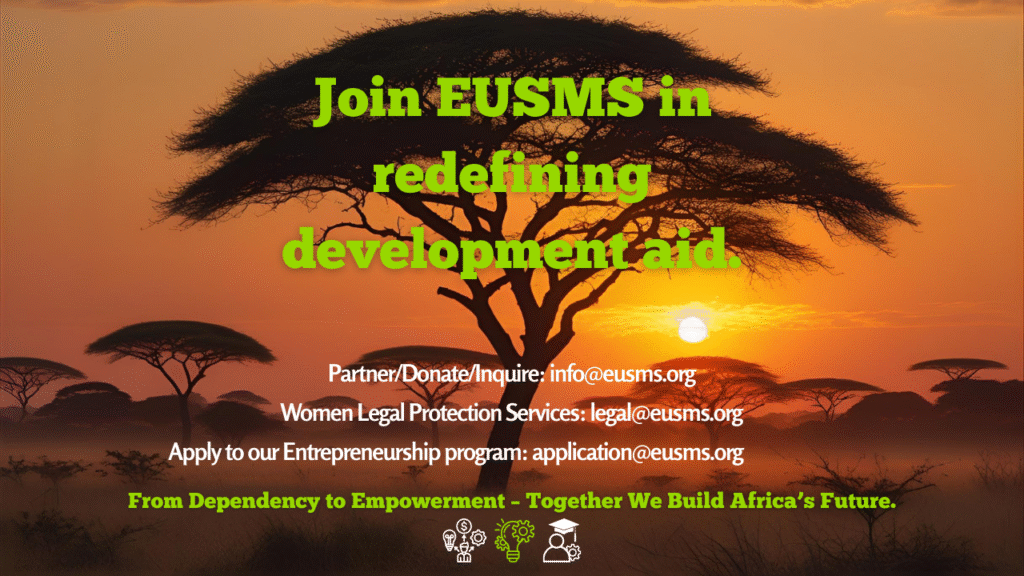
Author: Dorothy Kwamboka

